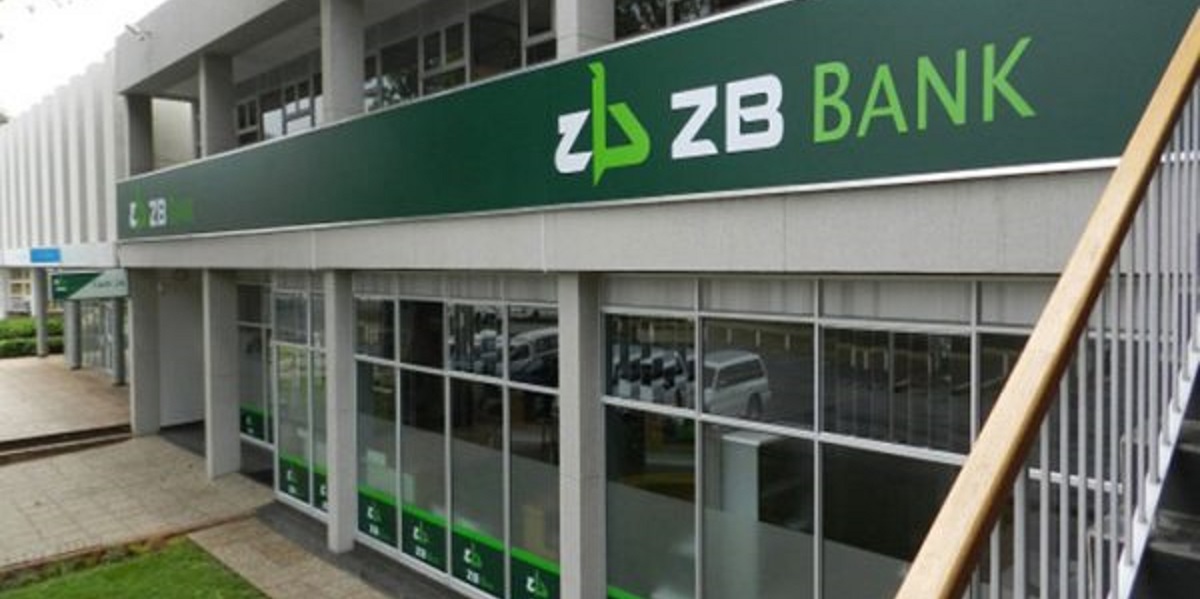ZB sets deadline for merger
FINANCIAL services outfit, ZB Financial Holdings Limited says it will merge its banking units before year end to create an operation that conforms to central bank capital requirements.
The lender, with a $64,1 billion asset base during the first quarter ended March 31, 2022, has a footprint across a cluster of financial services including life assurance and reinsurance, along with commercial banking and mortgage lending.
Company secretary Tinashe Masiiwa last Friday said that while the rest of ZB’s units achieved regulatory capital targets last year, ZB Building Society was still to reach US$20 million, the minimum capital set by the Reserve Bank of Zimbabwe (RBZ).
Analysts see the mortgage lender being integrated into ZB’s commercial banking operations.
Mergers will complete a trend that started about a decade ago, when building societies started fizzling out of the landscape, with many of them taken over by commercial banks.
“All group entities with regulated capital levels as at March 2022 were compliant, except ZB Building Society,” Masiiwa, sharing the firm’s quarterly results with investor, said.
“The group is confident that the non-compliance of the building society will be resolved by consolidating its banking operations before December 2022,” he added.
Under RBZ’s strategy commercial banks are each required to shore up capital to US$30 million, while building societies are required to have at least US$20 million.
And should ZB merge the commercial bank and the building society into one, it would then need to raise minimum capital to US$30 million, instead of US$50m for two different firms.
Shareholders have struggled to raise cash to bolster balance sheets and consolidations by multi-asset banking groups have taken the centre stage. The group’s income rose by 111% to $4,8 billion during the period, from $2,2 billion during the comparable period in 2021.
Total assets increased by 6% to $64,1 billion during the period, from $60,5 billion as at December 31, 2021.
But amid the waves of uncertainty that have shaken the roots of an already fragile banking sector, ZB was among the first major firms to give an optimistic view of the outlook.
“Although uncertainty abound in the outlook, especially given the temporally restrictions on lending announced by the government…the group remains cautiously optimistic regarding the macroeconomic trajectory,” Masiiwa said.
Banks have been digesting a directive by President Emmerson Mnangagwa a week ago to apply brakes on lending.
Last week, ZB said the country’s efforts to stem recent waves of inflation surges may hit a dead end if the central bank swings to quantitative easing to fund polls and pacify a restive civil service.
Quantitative easing is an occasionally used monetary policy, which is adopted by central banks to increase money supply.
However, it can backfire heavily, leading to very high levels of inflation.
Quantitative easing is one of factors blamed for the collapse of Zimbabwe’s unit as annual inflation hit 500 billion percent in 2008.
Annual inflation shot to 96,4% last month, from 72% in March, placing Zimbabwe among economies with the highest rates in Africa.-newsday










